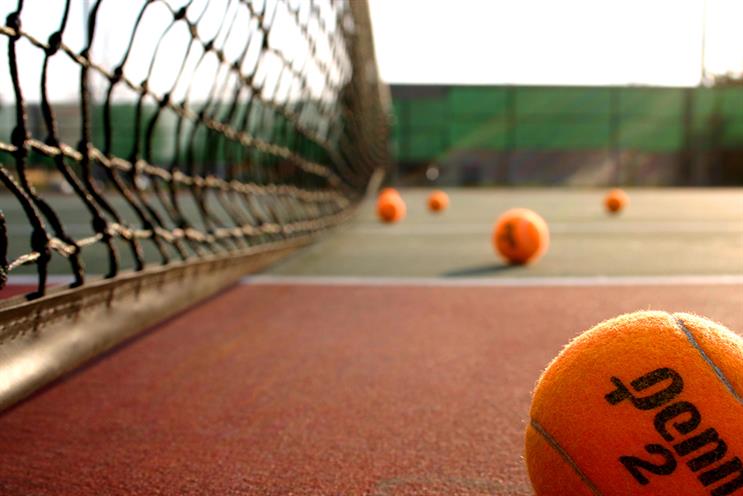In 1887, a much-hyped showdown between the two fastest sprinters of the day, Britain's Harry Gent and US champion Harry Hutchens, failed to take place because their gambling backers could not agree who should win the race. There has been cheating in sport as long as there has been sport. Even the threat of public flogging wasn’t enough to prevent competitors in the ancient Greek Olympics bribing their rivals.
There has been cheating in sport as long as there has been sport.
There are degrees, though. Diving to win your team a penalty is cheating only if you’re the opposition, or an easily outraged sporting ingénue. Running a massive doping programme to win multiple Tours de France probably counts as full-scale deception; but then, viewing the use of performance-enhancing drugs as cheating is a relatively new phenomenon, largely dating from the 1970s.
Now, following an investigation by the BBC and BuzzFeed, elite tennis is in the firing line, after it was suggested that more than . Andy Murray has since . But match-fixing is not new – there have been similar scandals in football and cricket, among other sports.
Ingrained corruption
The degree of organisational corruption that has been revealed at the IOC, FIFA and the IAAF is certainly eye-opening and deeply unpleasant, not least for the brands spending millions for the right to be associated with the Olympics, football World Cup and world athletics.
Naïve marketers believing any sporting endeavour's claims of pure Corinthian virtue are in for a shock.
But every week, all over the world, millions of people of all ages continue to play football, run around tracks, hit tennis balls and compete in cricket, snooker, golf and every other sport apparently tainted by a recent scandal. And often with no referee, line judge, proper pitch or goalposts – and certainly with no cameras recording every infraction.
Brands so sensitive that they cannot risk being associated with the run-of-the-mill gamesmanship of everyday sport should certainly steer clear. Naïve marketers believing any sporting endeavour's claims of pure Corinthian virtue are in for a shock. Sport remains a gloriously messy coming-together of every human virtue and vice, glory and shame, triumph and humiliation. That’s why it is so wonderful.
Brands operating in the rarefied air of professional sport, especially the very biggest events, are part of the transformation of top-tier sport into a commercial activity only tenuously linked to the everyday reality of what most people experience when they participate. The reputational risks here are different. You can’t stop a striker diving or an athlete doping, but if the entire edifice is rotten and a sponsor brand does nothing, doesn’t that make you part of the problem?
Brands buying positive association
The simple deal at the heart of all brand involvement in sport is the trade of money for positive association. It’s a fairly ruthless exchange. The sport offers up its popularity, appeal, virtues and loyalties for brands to exploit. Brands pay through the nose for the privilege. Both parties risk ruining the very thing they depend on, if the flow of money becomes so overpowering that the gloriously messy human endeavour at the core of the deal is damaged.
Brands worried that the purity of the thing they bought seems tainted need also to wonder whether they bear some responsibility.
So those brands worried that the purity of the thing they bought seems tainted need also to wonder whether they bear some responsibility. It is not enough to throw outraged hands into the air. After all, the FIFA bribe money came from somewhere.
You knew sport was messy. You knew that was part of the appeal. You knew there has always been naughtiness around the edges. When some arbitrary tipping point of 'bad smell' is reached, you need to decide whether to help freshen the place up, , or run away holding your nose proclaiming "whoever knew?"
We all did.


